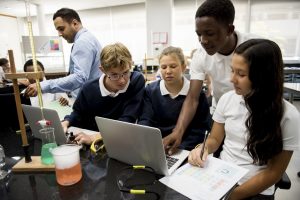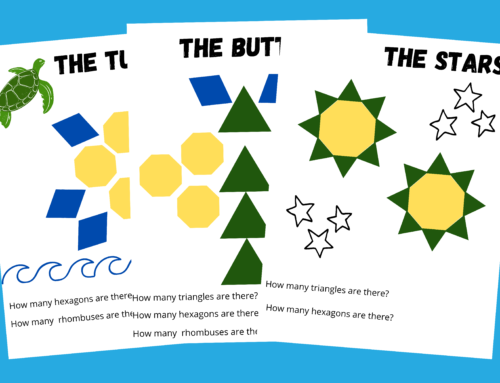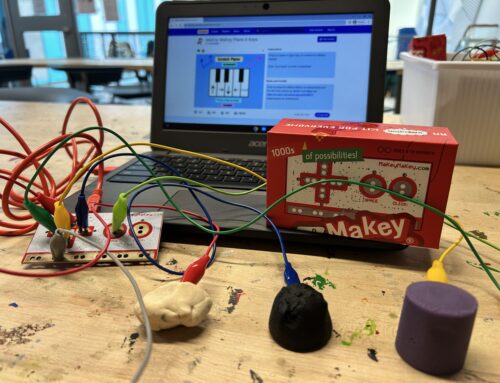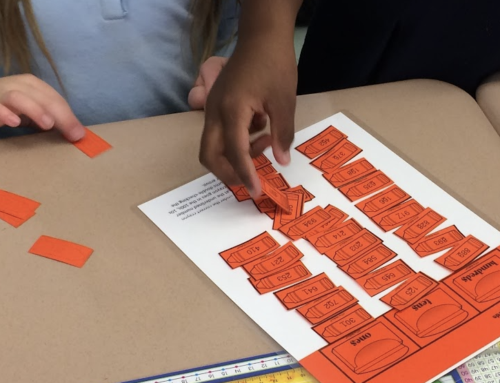Data collection is a vital part of the scientific process. As we try to create a more science-literate society, it is important for us to emphasize it in the science classroom. Often in education we see “cookie cutter” labs where students are instructed on exactly what to do and measure. This is not the type of collection of which I speak. Engaging, real-world, phenomenon-based data collection is vital for students to access the process of science. In this piece, I will illustrate the many reasons why data collection is vital to creating scientifically literate students.
Give Students Ownership
As I said before, students need labs that engage their curiosity and connect to their own experiences. Students should have a voice in the data they’re collecting. This can of course be scaffolded depending on the grade level, and of course due to time constraints. Regardless, students should have some say in the data they collect. A simple choice of variables to collect can make all the difference. Student voice and choice in data collection engages them in their own learning.

Give Students Agency
As we engage students, we also give them agency. As we release the scaffolds and have students truly collecting data they chose, they begin to realize that they can utilize data collection outside your classroom. This can lead to students considering the world around them, and makes them ask questions about problems in their own community. Through this process, students become their own change-makers.

Give Students a Space to Question
Finally, a focus on data collection ensures students gain the ability to analyze data they collect. This skill is vital for science literacy and is so applicable to today’s world. Students who have engaged in their own will question the data collection of others in the real world. This questioning leads students to the ability to evaluate real world data for accuracy, reliability, and applicability to their own lives.

Data collection can engage student curiosity, gives students agency, and improves analysis skills. In today’s world, it is a crucial component of a scientifically literate society. Try to add it to your lesson this month. While you’re at it, try to ensure there is student voice and choice in that collection. You’ve got this!
Looking for data-driven STEM lessons? Check out our selection of free lesson plans on STEM Universe!







Leave A Comment